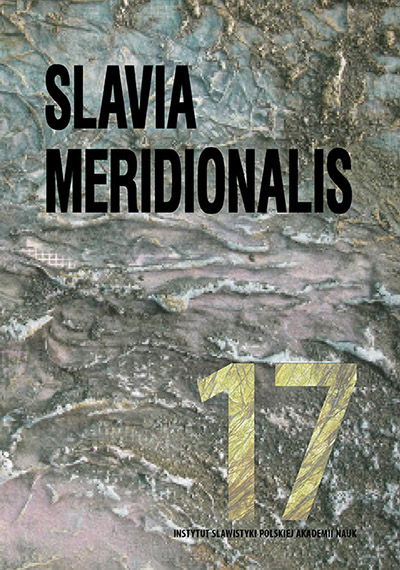Pour la réforme de la justice ottomane: Count Leon Walerian Ostroróg (1867–1932) and his activities in the final decades of the Ottoman Empire
Pour la réforme de la justice ottomane: Count Leon Walerian Ostroróg (1867–1932) and his activities in the final decades of the Ottoman Empire
Author(s): Paulina DominikSubject(s): Political history, Social history, Recent History (1900 till today), 19th Century
Published by: Instytut Slawistyki Polskiej Akademii Nauk
Keywords: Ottoman Empire; Young Turk Revolution; Republic of Turkey; legal reform; intellectual history; Leon Ostrorog
Summary/Abstract: Following the final partition of the Polish-Lithuanian Commonwealth in 1795 the Ottoman Empire became one of the chief destinations for the Polish political émigrés. Poles fled to Istanbul hoping for Ottoman support in their efforts to regain independence. Their participation in the Ottoman public sphere was not limited to the activities aimed at the restoration of an independent Poland; rather, Polish émigrés also played an active role in the enterprise of modernization of the Ottoman state since the era of the Tanzimat reforms (1839–1876). While one can say that the intensity of the Polish participation in the Ottoman public sphere decreased substantially after the Ottoman defeat in the war against Russia (1877 –1878) and during the reign of Sultan Abdülhamid II (r. 1876–1909), the subsequent 1908 Young Turk Revolution and the coming to power of the Committee of Union and Progress (İttihat ve Terakki Fırkası) was a watershed event that attracted some Polish émigrés from France to come to the Ottoman Empire. This paper focuses on the work of Count Leon Ostroróg (1867–1932), who came to prominence as a legal adviser to the Ottoman Ministry of Justice in the Second Constitutional Period (1908–1918). He played an important role in the reform projects of the Ottoman legal system. Meanwhile, he was actively engaged in the life of the Istanbul’s Polish, French and Levantine communities. By focusing on his major works this paper discusses Ostroróg’s views on the late Ottoman Empire and his stance towards the transformation of the multicultural and multiethnic Ottoman Empire into the nation-state of the Republic of Turkey in the aftermath of the WWI and towards a number of far-reaching reforms that characterized that period.
Journal: Slavia Meridionalis
- Issue Year: 2017
- Issue No: 17
- Page Range: 1-19
- Page Count: 19
- Language: English

